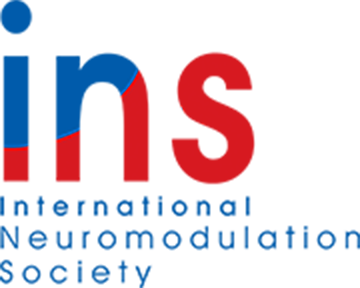Neural ProstheticsAccording to the National Institute of Neurological Disorders and Stroke (NINDS), neural prosthetics are artificial extensions to the body that restore or supplement function of the nervous system lost during disease or injury, and implantable neural stimulators that provide therapy. (1) The National Institutes of Health (NIH) had a key role in the development of the cochlear implants, which bypass damaged hair cells in the auditory system by direct electrical stimulation of the auditory nerve. In addition, neural interfaces that allow deep brain stimulation have been useful for some patients in reducing the motor symptoms associated with Parkinson's disease. Of particular interest to NIH is future progress in the field of neural interfaces that will result in assistive technologies to improve the quality of life by restoring motor and communicative functions for individuals with spinal cord injuries, amyotrophic lateral sclerosis, and stroke. Spinal cord injuries and stroke have been estimated to occur in the U.S. at the rate of 11,000 and 700,000 cases per year, respectively. (2) Among goals of the NINDS is the development of totally implantable systems for restoring the motor control and sensory feedback for a paralyzed individual. Significant progress is being made towards the development of motor prostheses for disabled individuals, particularly for upper limb control. (3) It is anticipated that future efforts will combine subsystems for functional neuromuscular stimulation with neural interfaces that can detect signals in the brain associated with movement, such as implanted microelectrode arrays in the motor cortex. References: 1. www.ninds.nih.gov. Neural Interfaces Program. http://www.ninds.nih.gov/research/npp/index.htm. Accessed Jan. 11, 2013. 2. www.sbir.gov. Stimulation Augmented Recumbent Stepper for Stroke Rehabilitation. http://www.sbir.gov/sbirsearch/detail/139619. Accessed Jan. 11, 2013. 3. www.neurotechnetwork.org. http://www.neurotechnetwork.org/what-is-it.html. Accessed Sept. 5, 2014. Reviewed Aug. 4, 2018 |
| Last Updated on Sunday, November 21, 2021 08:16 PM |
